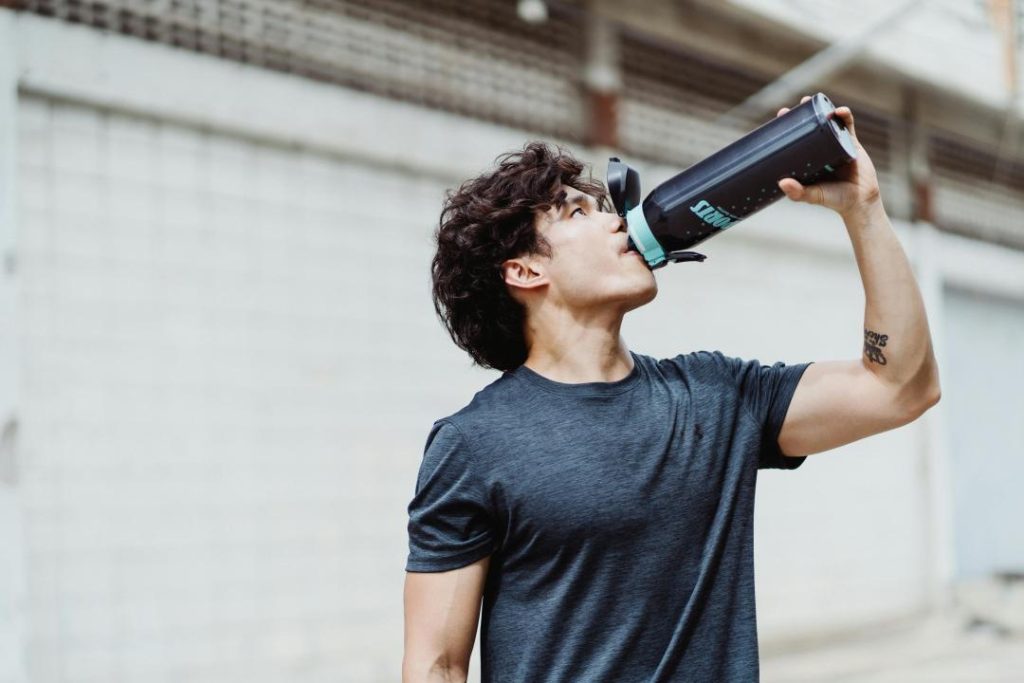
New Study Shows Sports Drinks Don’t Improve Endurance
When it comes to staying hydrated and performing at your best during exercise, many athletes turn to sports drinks as a reliable solution. These drinks promise to replenish lost electrolytes, quench thirst, and boost endurance. But, a recent study published in the Journal of the International Society of Sports Nutrition is challenging this widespread use by revealing that sports drinks don’t actually live up to their claims.
The study, which was conducted by researchers at the University of Bath in the UK, found that common sports drinks showed no significant performance advantage over water in trained athletes. The results suggest that these drinks don’t enhance endurance or reduce fatigue during short-duration exercise, leaving athletes wondering if they’re wasting their money on these supposedly performance-enhancing drinks.
So, what did the study involve? A team of researchers recruited 10 trained athletes and had them complete a series of 30-minute cycling exercises at high intensity. The athletes were randomly assigned to drink either a sports drink or water during the exercise. The researchers then measured the athletes’ performance, including their power output, heart rate, and perceived exertion.
The results were surprising. Despite the athletes drinking the sports drink, which contained a mix of carbohydrates, electrolytes, and other nutrients, there was no significant difference in their performance compared to those who drank water. In other words, the sports drink didn’t provide any additional benefits in terms of endurance or reduced fatigue.
But, why do sports drinks claim to improve endurance if the science doesn’t back it up? Part of the problem lies in the way these drinks are marketed. Many sports drinks are designed to appeal to athletes who are looking for a quick fix or a magic solution to improve their performance. These drinks often make bold claims about their ability to “replenish lost electrolytes” or “boost energy levels,” but these claims are often based on limited or flawed research.
Another issue is that many sports drinks are designed for long-duration exercise, such as marathon running or triathlons. However, the study in question focused on short-duration exercise, which is more representative of most athletes’ workouts. In these shorter exercises, the benefits of sports drinks may be less pronounced or even non-existent.
So, what does this mean for athletes who rely on sports drinks to stay hydrated and perform at their best? The study’s findings suggest that athletes may not need to spend money on expensive sports drinks. Instead, they can stick to good old-fashioned water, which is often just as effective.
Of course, there are some exceptions to this rule. For example, athletes who engage in high-intensity, long-duration exercise may still benefit from sports drinks that contain carbohydrates and electrolytes. However, for most athletes, water is a perfectly fine choice.
In conclusion, the recent study published in the Journal of the International Society of Sports Nutrition challenges the widespread use of sports drinks in sports. The findings suggest that these drinks don’t provide any significant performance advantages over water in trained athletes, leaving athletes wondering if they’re wasting their money on these supposedly performance-enhancing drinks.
As an athlete, it’s essential to stay hydrated and fueled during exercise, but it’s also important to be informed about the products you’re using. By understanding the science behind sports drinks and being aware of their limitations, athletes can make informed choices about what they use and avoid wasting money on products that don’t deliver.
Source: https://thepfc.club/blogs/news/do-sports-drinks-actually-boost-endurance-performance






